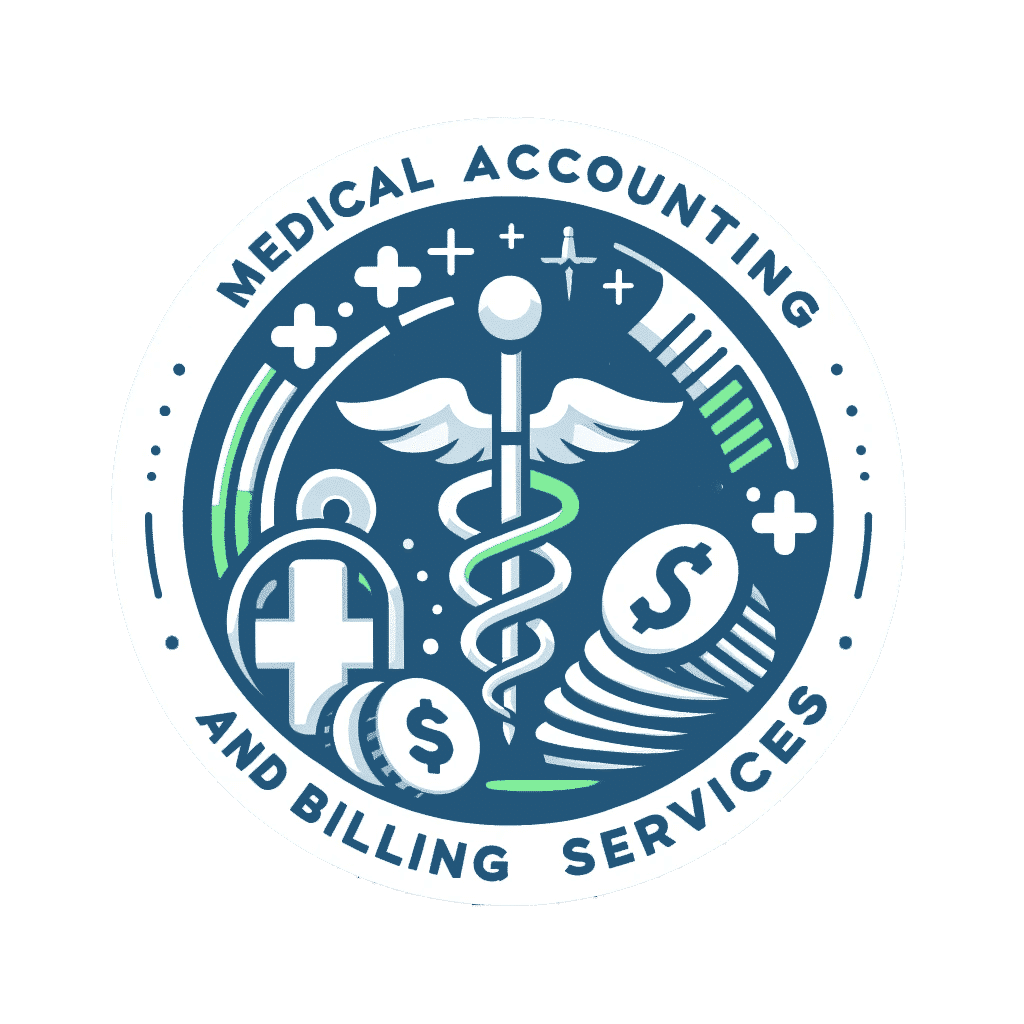
In recent years, the healthcare industry has undergone a remarkable transformation, driven in large part by advancements in technology. One of the most significant developments is the integration of Artificial Intelligence (AI) into medical billing systems.
This shift is not just an evolution but a revolution that is reshaping how providers handle medical billing, claims processing, and revenue cycle management services. So, what does the future of medical billing look like with AI, and how can it benefit healthcare providers?
1. Automation of Repetitive Tasks
AI has the potential to automate many repetitive, time-consuming tasks that medical billing outsourcing professionals face daily, such as data entry, claims submission, and follow-ups on unpaid bills. By automating these tasks, providers can focus more on patient care while reducing human error, which is a common issue in manual processes.
2. Faster Claims Processing
One of the biggest frustrations in medical billing is the time it takes to process claims. AI can significantly speed up this process by instantly identifying issues with claims before submission, ensuring they meet all the necessary requirements. This reduces the likelihood of claim denials and leads to faster reimbursements for healthcare providers.
3. Improved Accuracy and Compliance
Medical coding and billing regulations are complex and constantly changing. AI-driven systems can stay updated with the latest changes in billing codes and compliance regulations. This ensures that claims are always compliant with current laws, reducing the risk of costly mistakes and penalties.
4. Predictive Analytics for Revenue Optimization
AI doesn’t just assist with billing; it also helps healthcare providers optimize their revenue cycle management services. With predictive analytics, AI systems can analyze historical billing data to identify trends, such as which claims are more likely to be denied or delayed. This allows providers to take proactive steps to avoid potential revenue losses and improve financial health.
5. Enhanced Patient Communication
AI tools can also enhance communication with patients regarding their bills. Chatbots and AI-powered systems can provide patients with instant responses to billing queries, payment reminders, and even offer personalized payment plans. This improves the patient experience while reducing the administrative burden.
6. Cost Savings and Efficiency
By automating various aspects of the billing process, AI reduces the need for extensive manual labor, leading to significant cost savings. Additionally, the improved accuracy, faster claims processing, and reduced denials contribute to more efficient medical billing operations, allowing healthcare providers to focus on delivering better care.
7. Future Outlook: What’s Next?
As AI continues to evolve, we can expect even more advanced solutions for medical billing outsourcing. For example, the integration of AI with blockchain technology could offer enhanced security and transparency in billing processes. Additionally, AI-powered decision-making systems may help providers make more informed choices about patient billing and revenue management.
Conclusion
AI is undoubtedly the future of medical billing, offering healthcare providers the opportunity to streamline processes, reduce errors, and improve overall efficiency. The integration of AI into billing systems isn’t just about cutting costs—it’s about freeing up time for healthcare providers to focus on patient care.
At MABS, we are committed to helping practices leverage the power of AI and other cutting-edge technologies to optimize their billing processes. Contact us today to learn how we can help your practice stay ahead in this rapidly evolving landscape.
Ready to embrace the future of medical billing with AI? Contact us to learn more about how our AI-driven solutions can revolutionize your practice’s billing process.


